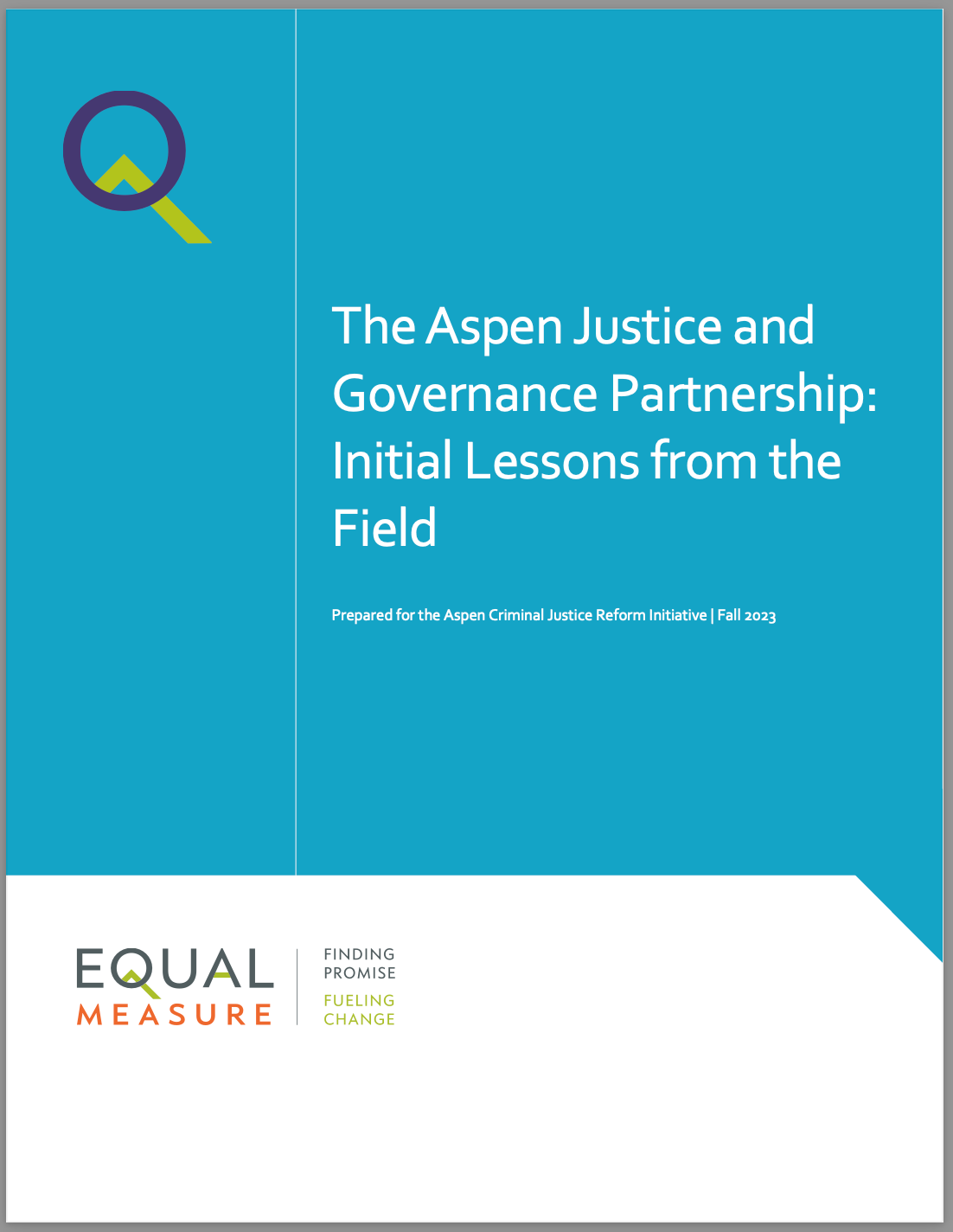Many faith communities are attracted to restorative justice (RJ) because it aligns with virtues such as empathy, compassion, and interconnectedness, which are central to many religious traditions. Prior research conducted by the Aspen Institute’s Religion & Society Program indicates significant interest among civil society in using RJ to address hate crimes. The Religion & Society Program sees faith communities and civil society organizations as key contributors to the promotion and implementation of RJ practices. This resource provides guidance for organizations interested in RJ approaches to hate-related harm, based on insights from the Dismantling Hate cohort of the Religion & Society Program’s Powering Pluralism Network. The report explores the basic principles of restorative justice, as well as its potential benefits, pitfalls, the kinds of stakeholders that are involved in RJ responses to hate crimes and incidents, and how civil society organizations can build institutional capacity and community support to deploy restorative justice practices in response to hate crimes and incidents.
Restorative Justice Convening Report
View this Publication
Download PDF
Next Post


